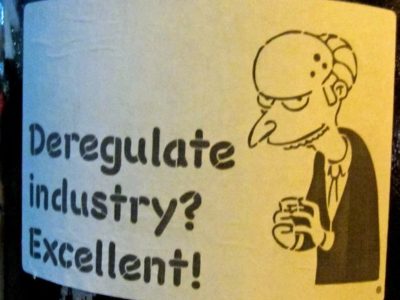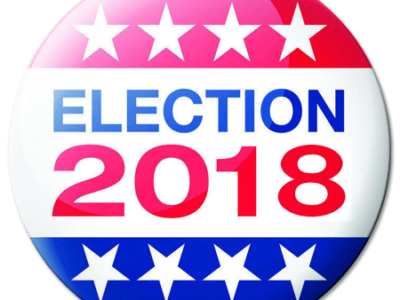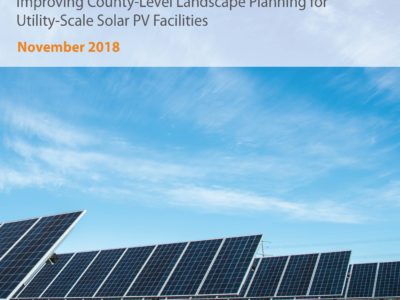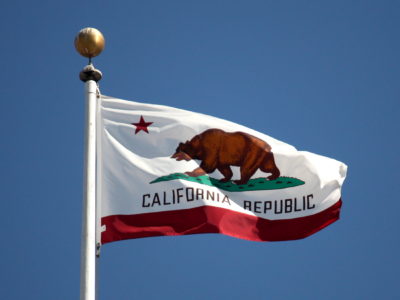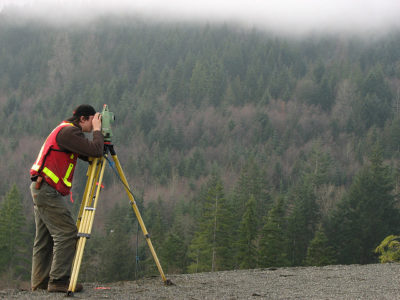Month: November 2018
Guest Bloggers Deborah Gordon and Frances Reuland: Is California Extraordinary? Its Oil Resources Certainly Are
Facts About California’s Oil and Greenhouse Gas Emissions
Despite ongoing federal rollbacks to environmental regulations, California has the right to set its own clean air standards because it is truly extraordinary. Truth be told, the compelling circumstances that first set in motion California’s vehicle emissions standards remain entirely valid. And there are four recent conditions, related to California’s oil supply, production, and refining, …
CONTINUE READINGAn Ax, Not a Scalpel
Trump’s “take no prisoner’s” deregulatory strategy carries big litigation risks.
Some people, it would seem, prefer using an ax to a scalpel. That’s the Trump Administration. That strategy can be a great way to cut down a tree, but it doesn’t work so well for surgery. And there’s always the chance of cutting off your own foot. In many environmental domains, the Administration seems set …
Continue reading “An Ax, Not a Scalpel”
CONTINUE READINGKey Senate Races: Retrospective
The toss-up races came out 50/50, with the pro-environmental candidates winning 4 out of 8 elections.
In a post last March, I explained the environmental stakes in eight toss-up Senate races. We now know how those races came out. Vindicating the laws of probability, the results of the toss-ups were evenly divided between the two parties. In terms of the overall election picture, I said: “The odds are that the Republicans …
Continue reading “Key Senate Races: Retrospective”
CONTINUE READINGPost-election climate policy options
Options for newly empowered state governors, legislators and US House Representatives to advance climate policy
This post is co-authored by Dan Farber and Eric Biber. Democrats took control of the US House of Representatives in the election last week, took full control of six state governments (Nevada, Colorado, New Mexico, New York, Maine, and Illinois), took governorships in seven states (including Michigan, Wisconsin, and Kansas), and made significant gains in …
Continue reading “Post-election climate policy options”
CONTINUE READINGNew Report: Improving Landscape-Level Planning for Solar PV Development
New UC Berkeley/UCLA Law report details policy changes to help achieve new SB 100 renewable energy goals
A new report from UC Berkeley and UCLA Schools of Law, A New Solar Landscape, identifies key reforms for California to enact at the state, regional, and local level to increase the pace and optimal siting of utility-scale solar photovoltaic (PV) development. With the passage of SB 100 (de León, 2018), California now requires electric …
Continue reading “New Report: Improving Landscape-Level Planning for Solar PV Development”
CONTINUE READINGDo Androids Dream of Endangered Sheep?
Imagine there were self-aware AIs. Would they care about the environment?
With the election behind us, I thought it might be a good time to take a step back and do some musing about less impending issues. Unlike most of my posts, this one is more on the speculative side. The title of this post is a riff on Do Androids Dream of Electric Sheep?, a novel by …
Continue reading “Do Androids Dream of Endangered Sheep?”
CONTINUE READINGSessions Out, Whitaker In: What Might the DOJ Shakeup Mean for Environmental Enforcement?
¯\_(ツ)_/¯
News broke this afternoon that Trump has forced Attorney General Jefferson Beauregard Sessions III to resign — naming Sessions’ chief of staff, the Marbury v. Madison critic and sports take tweeter Matthew Whitaker acting AG. This move obviously has some pretty horrifying implications for the country at large, but it’s worth thinking about how the …
CONTINUE READINGWhat The 2018 Election Results Mean For California Climate Policy
Big wins for state initiatives and pro-climate candidates, plus opportunities for high speed rail and cap and trade
Some big wins for California (and therefore national) climate policy last night: Lt. Governor Gavin Newsom is elected governor, which means the state will continue its climate leadership on various policy fronts Prop. 6 loses, which would have repealed the gas tax increase and meant less funding for transit going forward Prop. 1 wins, which …
Continue reading “What The 2018 Election Results Mean For California Climate Policy”
CONTINUE READINGThe 2018 Elections: What’s the Upshot?
Overall, some very positive developments in terms of energy and environmental policy.
What happened on Tuesday? And what does it mean for the environment>? Going into Tuesday’s voting, there were three possible scenarios about the outcome: The Least Favorable Scenario for Environmental Regulation. In this scenario, the Republicans would hang on to control of the House by a smaller margin than today, and they gain several seats …
Continue reading “The 2018 Elections: What’s the Upshot?”
CONTINUE READINGSurvey: What Are The Most Important Cases for Environmental Law?
I am writing to invite you to participate in a survey that I trust you will find interesting and fun. In 1999 and 2009, JB Ruhl (Vanderbilt Law School) and I surveyed environmental law practitioners and academics about which Supreme Court cases they thought were the most important to our field. The 1999 results were published in ABA’s Natural Resources …
Continue reading “Survey: What Are The Most Important Cases for Environmental Law?”
CONTINUE READING




